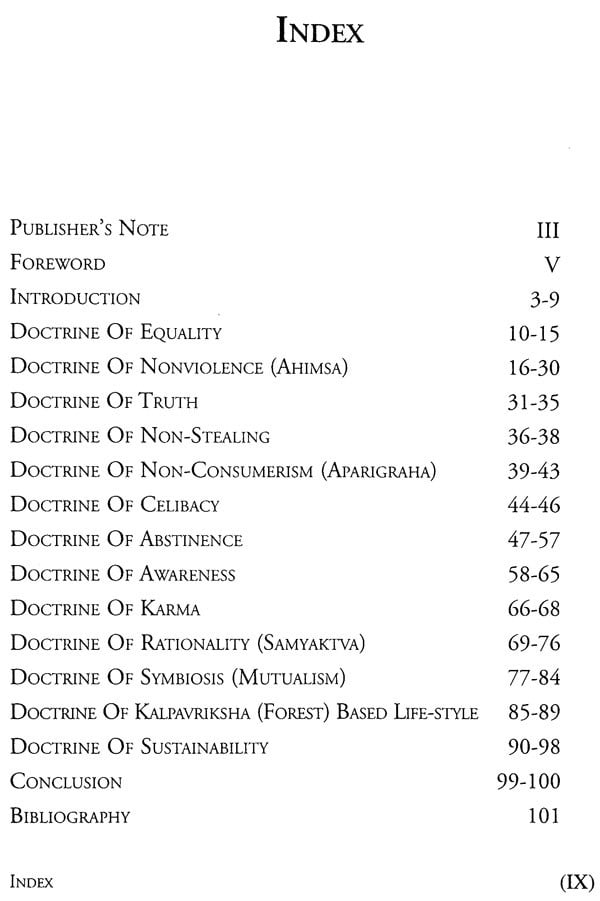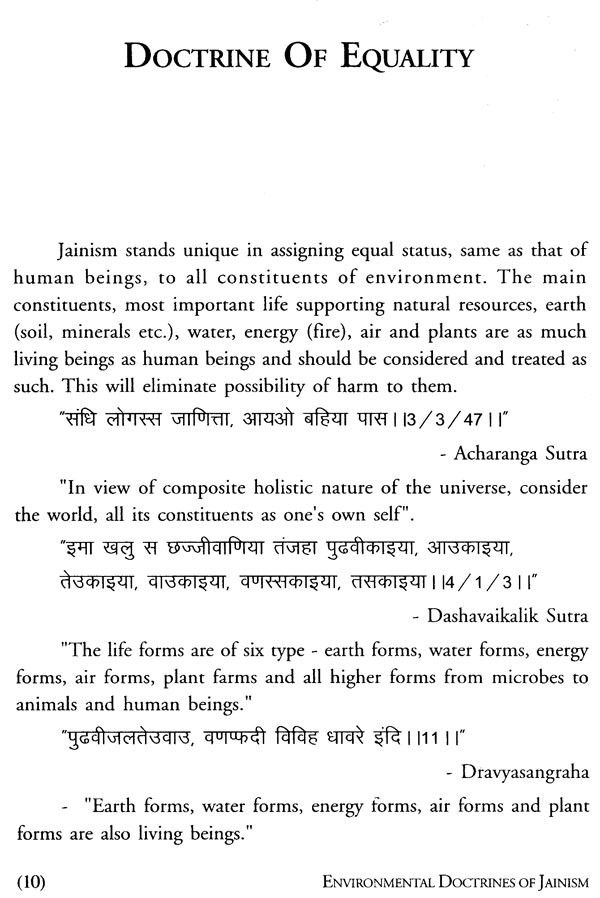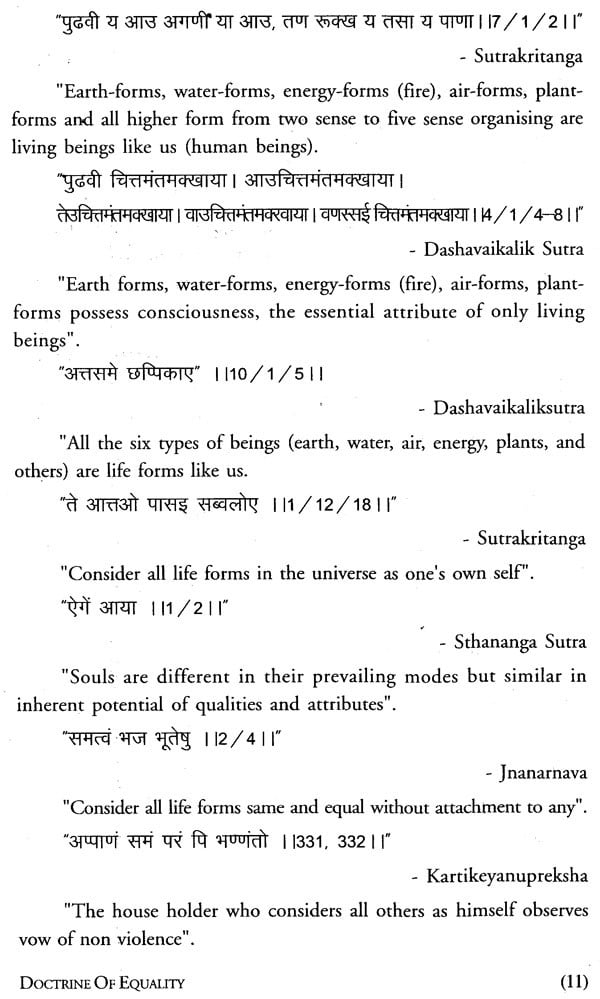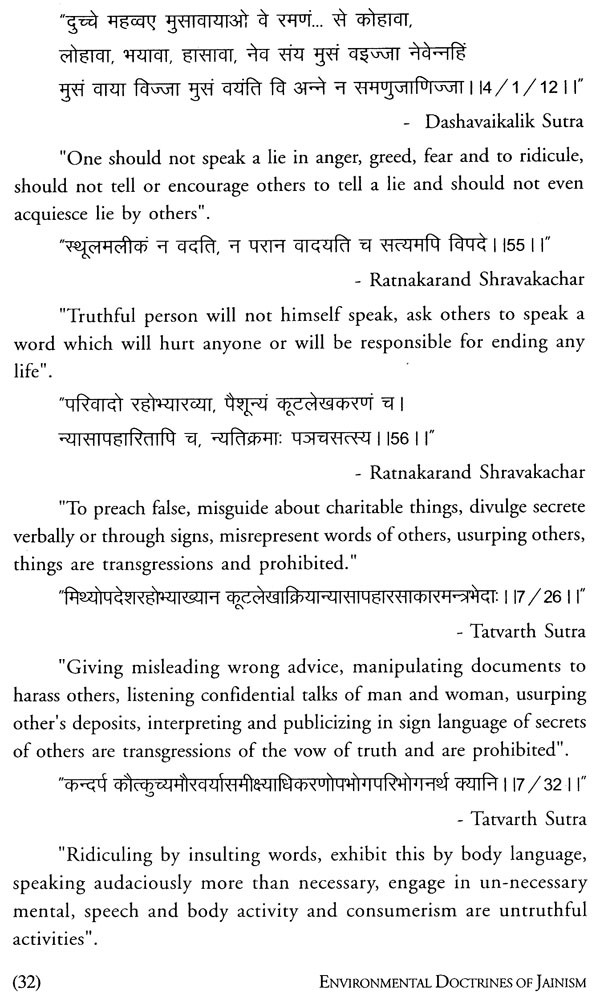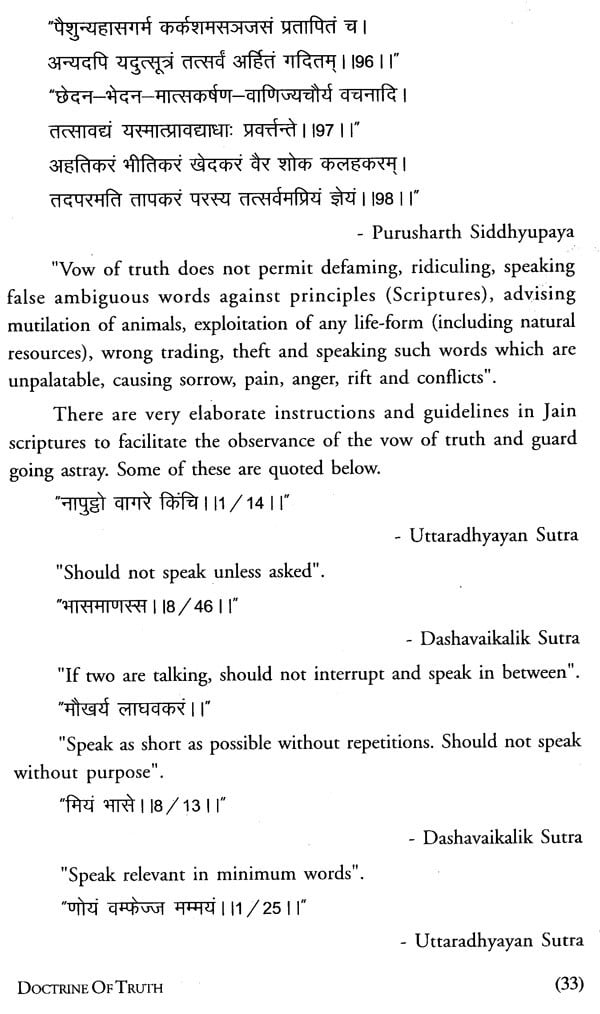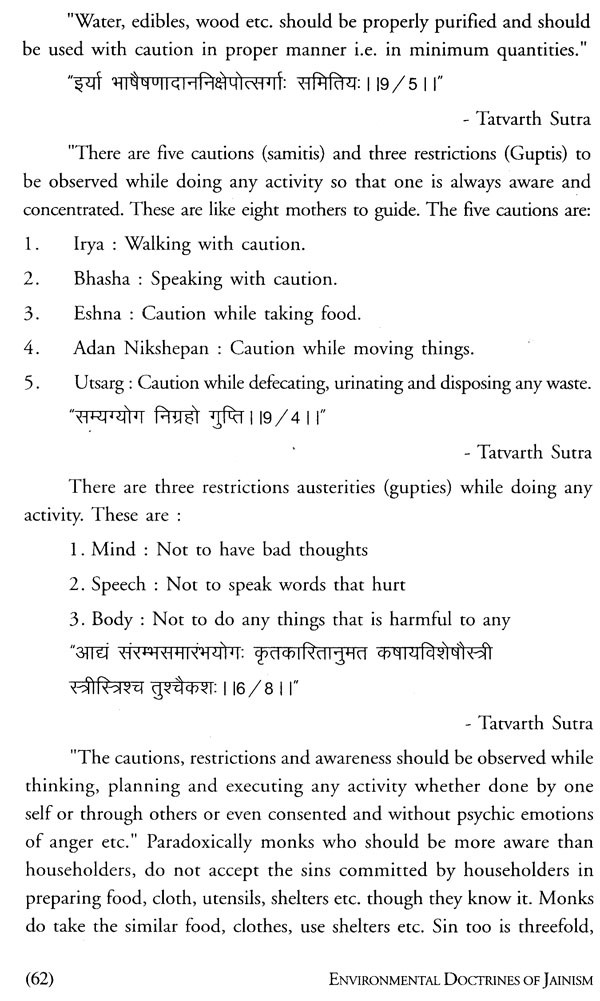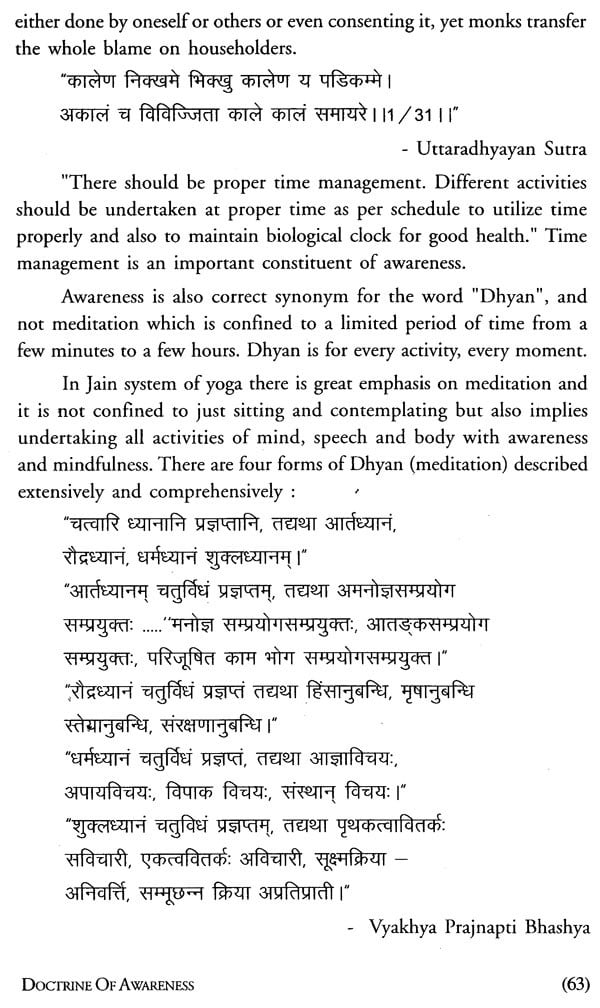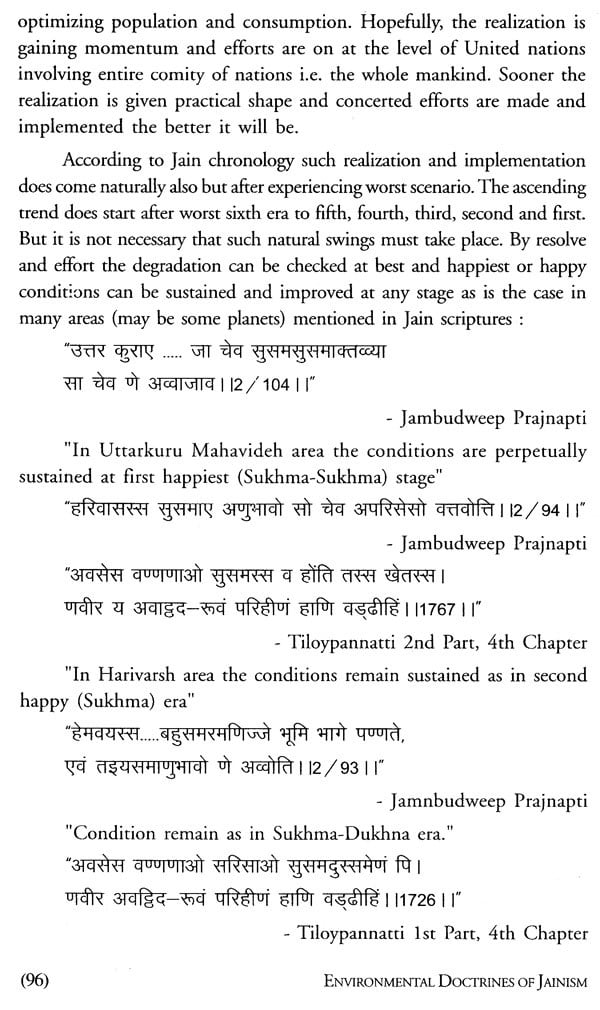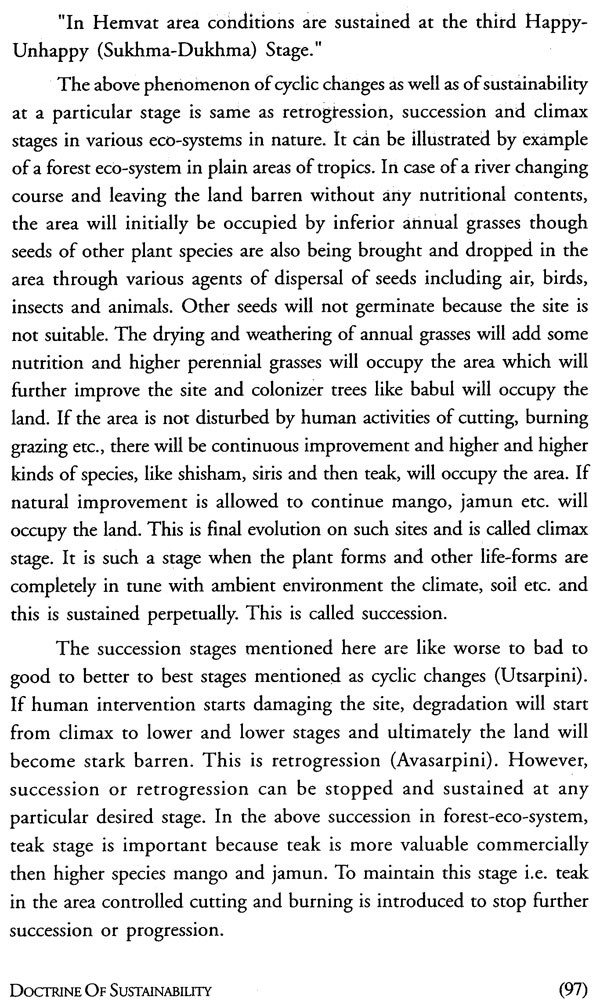About the Author Shri S.M.Jain is a retired senior forest officer. Born on 08-09-1928; after completing his college education he initially served as maths teacher in Government Girls' Inter College, Kota and High School, Bhawanimandi, Rajasthan. Subsequently on selection by Rajasthan Public Service Commission he undertook two years' (1951-53) forestry training at the Forest Research Institute & Colleges, Dehradun and then worked on responsible posts in every sphere of forestry activity in Rajasthan Forest Department. After retirement he got selected in tough all India level competition, as Development Secretary in the Indian Sugar Mills Association (ISMA), New Delhi and represented ISMA in two Sub-Committees of the Federation of Indian Chamber of Commerce and Industry, New Delhi during his entire tenure. After retirement from ISMA in 1987 he worked as Consultant Forestry at Gwalior Sugar Company, Dabra (M.P) and raised fuel wood plantations in their extensive farms to meet about 4000 tonnes of their annual fuel wood requirement. He was also Consultant with the Associated Stone Industries, Ramganjmandi (Kota) and raised plantations on the waste mining huge high rise heap almost a hillock for which he and the Company both were awarded for best plantation of the year by the Government of Rajasthan. Simultaneously he was in the panel of Consultants in Government of India, Ministry of Environment & Forest (NAEB) from 1989 and on assignment did sample check and evaluation of 37 forestry, soil conservation and watershed projects in states of J&K, Punjab, Haryana, Gujarat, Rajasthan, U.P and M.P. He is a voracious reader and prolific writer and has published over 80 articles in prestigious dailies and journals. He has written 8 books of which six have been published and two more will be published shortly by reputed publishers. Past at 83 he is in excellent health and is pursuing his reading and writing hobby.
Foreword The whole world today is deeply concerned over the issues of ecology and environment. Right from a common man in the street up to the universal organisation like U.N.O. and the top most leaders of all nations talk about the measures to be taken for saving the world from a disastrous catastrophe that is definitely going to happen, if adequate measures are not taken in time. The discussions at numerous international meets and conferences echo the same concern, but so far only a little hope for avoiding this disaster has emerged.
It seems that so far little attention is paid to the spiritualistic measures which were suggested in the millennia old wisdom expressed in the sutras-maxims and aphorisms-found in the vast Jain literature. These sutras are basically the expressions of universal truths realised through intuitional insight developed by spiritual practices. Shri S.M. Jain, the author of this book has made a fruitful effort to correlate those sutras with the environmental issues of the present day. He has mainly drawn them from the original canonical texts like Acharnga Sutra, Sutrakritanga Sutra and the like. The author has also referred to the post-canonical works of the eminent Jain Acharyas.
The metaphysical doctrine of the existence of soul as a real substance is the base of the spiritualistic philosophy of Jainism.
Introduction Environmental protection is intrinsic, innate and inherent in Jainism. It is in-built and integrated in every principle, tenet and mandatory doctrine of Jainism, in its epistemology, ontology and metaphysical concepts. Enlightened Jain icons, Arhats, Tirthankaras, learned saints and Acharyas pondered over and considered every aspect of environment, various causes of its degradation and necessary measures, prophylactic to pre-empt as well as remedial to redress and redeem and also for its sustained maintenance. They evolved and prescribed environment friendly concepts, tenets, principles, ordained mandatory doctrines and an elaborate code of conduct to ensure sustained, congenial, clean, healthy and symbiotically harmonious environment.
The connotation about environment is much wider than generally understood. It implies not only physical environment consisting of air, water, soil, animals etc. but also social environment of multitudinous relationships between individual human beings, families, groups, societies and nations and also interdependent interactions between all life forms that also interact with physical constituents. Both physical and social environment are interactive, mutually reinforcing and influencing to mould and condition each other.
Book's Contents and Sample Pages
